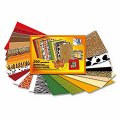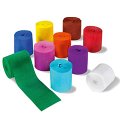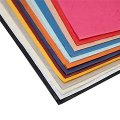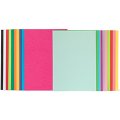Silk fibres
Information about fiber silk
The papers that we have on offer under the heading mulberry and natural paper are produced exclusively from natural plant fibres. Their fabric-like appearance clearly distinguishes them from other “normal” papers. Mulberry paper is produced from high-quality fibres derived from the Asian mulberry tree called Kozo or Kozu. The bark from this extremely fast growing tree is removed from its thin trunk, reduced to small pieces and then cooked for a few hours in a mild potash soda solution. The resulting raw material is subsequently bleached in sunlight. During this process of paper production, the innumerable variations of texture and surface that give mulberry paper its special character are created – and this without having to fell one tree!
Mulberry paper and natural paper have many possible applications: gift wrapping, decorating material, as a covering material for books and cardboard containers, as a covering material for room dividers and lamps, etc. A sheet of one of these papers, when simply hung on the wall or placed in front of a window as a means of reducing light, serves as an attractive design element. These natural papers can be cut with a cutter or shears– however, a nice effect can also be achieved by simply tearing them. Gluing work can be done with Tesa all-purpose glue (technicoll), paste or, in the case of laminating work, double-sided adhesive film and TRANSFER ADHESIVES. If you are spanning the paper across a frame in order to make, for instance, a room divider or something similar, it is recommended that, once in place, the paper should be treated with stiffening varnish.
In German, the name used by Modulor for this product is “Strohseide” – luckily, many other German terms that can be used because that name is copyrighted by the company called Staufen (Pulsar). In English, “mulberry paper” seems to be the most used although “Japan paper” or “fibre paper” are also common.





